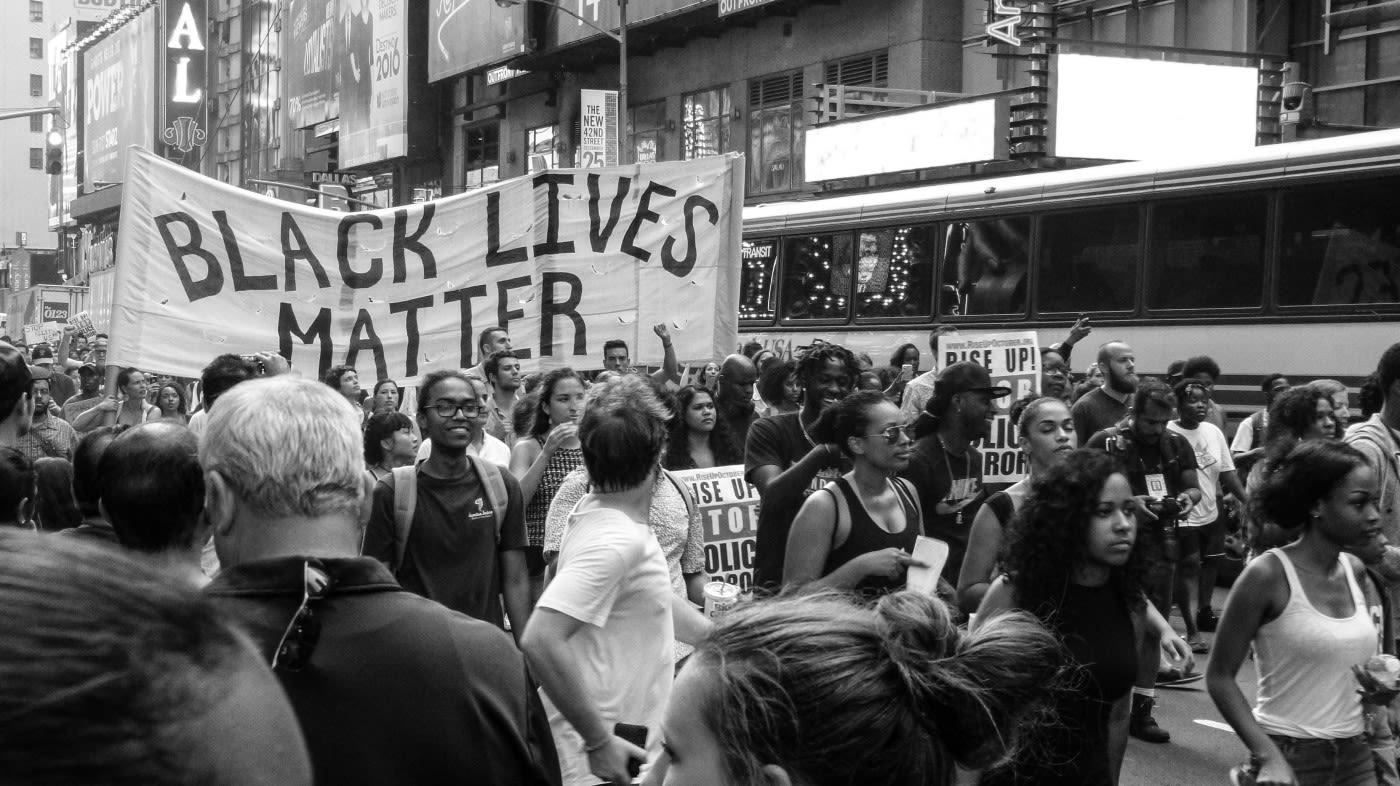Boston Black Voices
Apurva Shrawan Minchekar
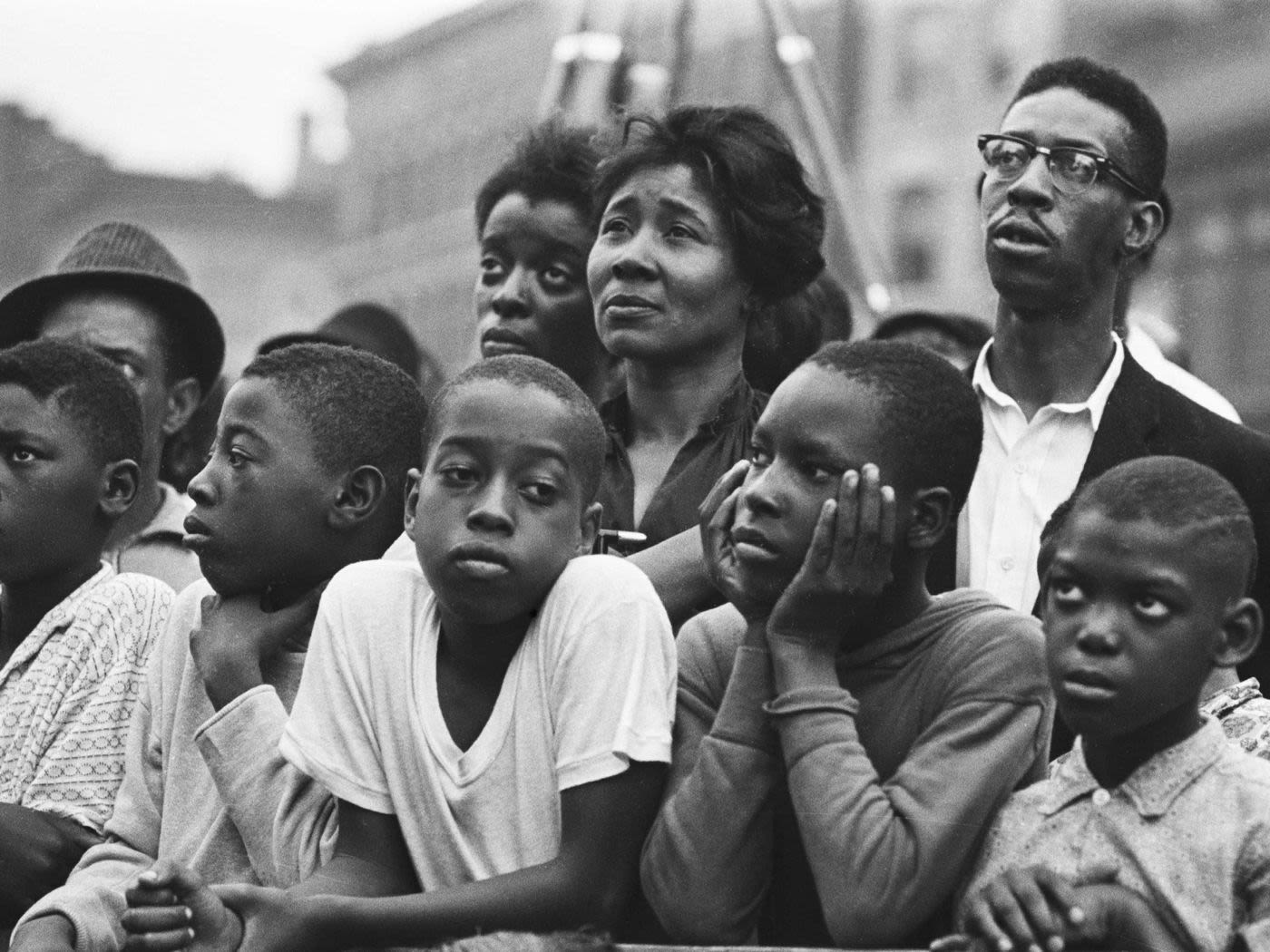
The History
"No one is born hating another person because of the color of his skin, or his background, or his religion. People must learn to hate and if they can learn to hate, they can be taught to love, for love comes more naturally to human heart than its opposite. "
In mid-1500s, European mariners started displacing Africans to America as slaves. West African slaves were prisoners of wars, criminals or lower rank caste. The capture and sale of Africans was brutal and harsh. They were sold to American owners who would have complete control over their lives and punish them. They would also break the families by selling family members to different people.
Despite the struggle, African slaves developed a strong cultural identity. Later when they were introduced to Christianity, they developed their own forms of worship. They would often alter the lyrics of worship to carry the hope of freedom or to celebrate resistance.
In the 17th and 18th century during the civil war, many Africans gained their freedom, bought property, and had access to American society. In early 1800s , many white and free blacks started to demand for abolition of slavery.
The Civil Rights Act of 1866 made Black people full citizen of the US and in 1868 African Black people got full citizenship.
In 1870, the 15th Amendment gave the Black males right to vote. Despite of reconstruction, the Black community faced immense challenges at different institutions and has also witnessed the growth of racial terrorism organizations such as Ku Klux Klan.
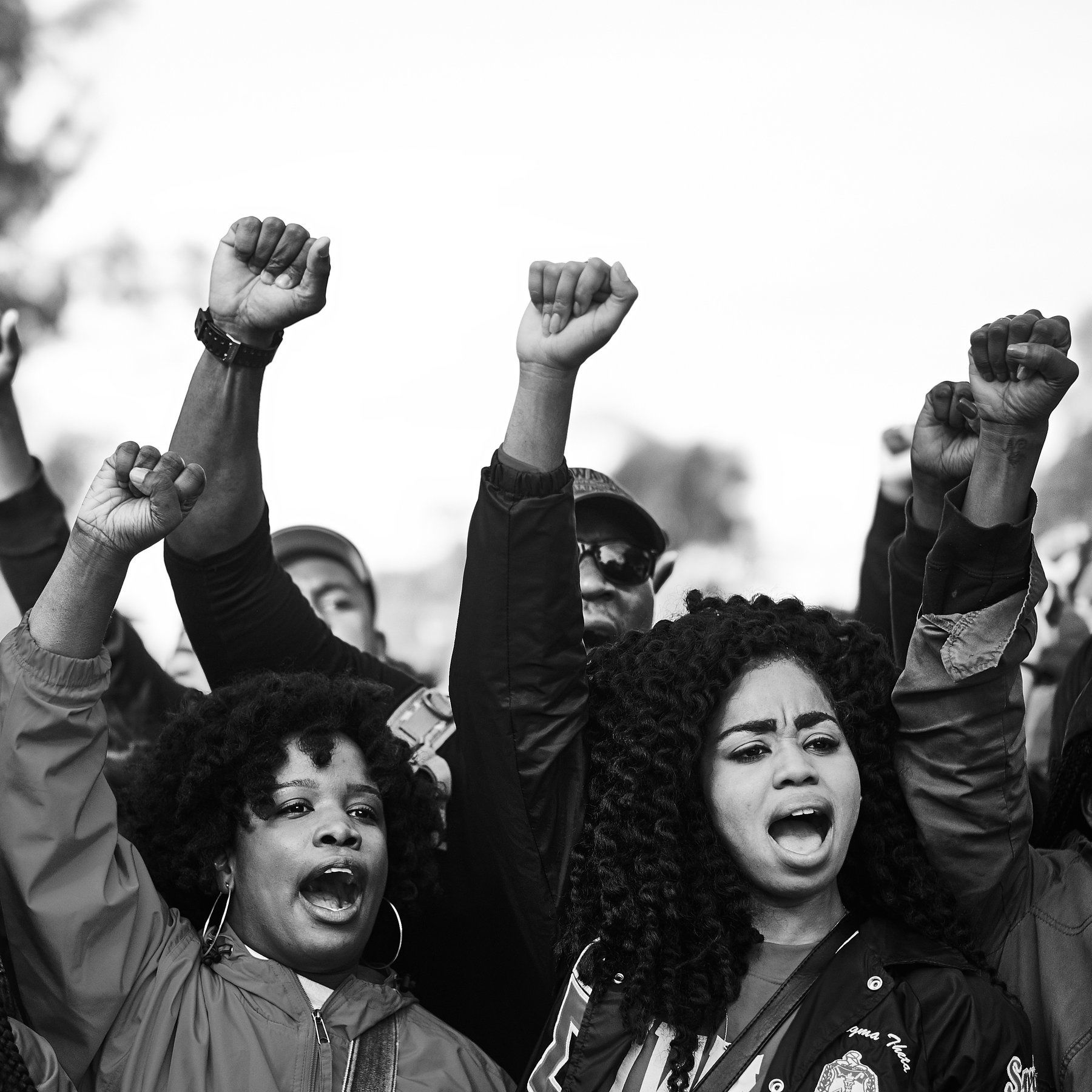
The Present
Erwin Kamuene, Journalism Freshman at Emmanuel College studied at pre-dominantly white high school. He expressed that Black students are not considered equal at education institutions. Students of different color are placed in spaces which makes it difficult for them to learn. It is a systematic problem, he said.
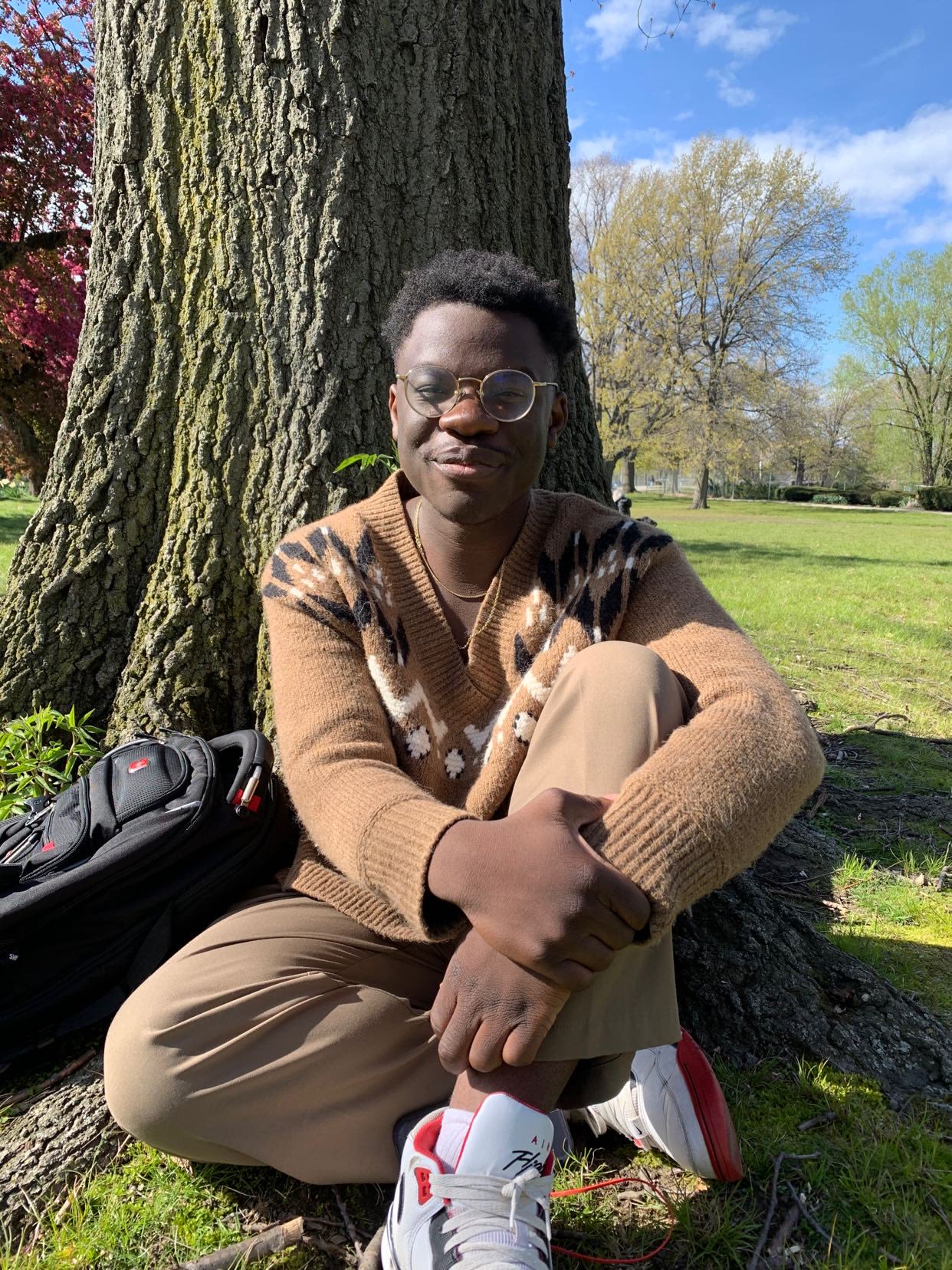
"I have faced racism but the toned down version of it."
Nagi Bernard and Chezney Rowlett, students at Berkeley College of Music have faced racial discrimination at their educational institution. They said they are often not offered opportunities to perform at music events. They also added that white students are awarded with more scholarships compared to Black students.
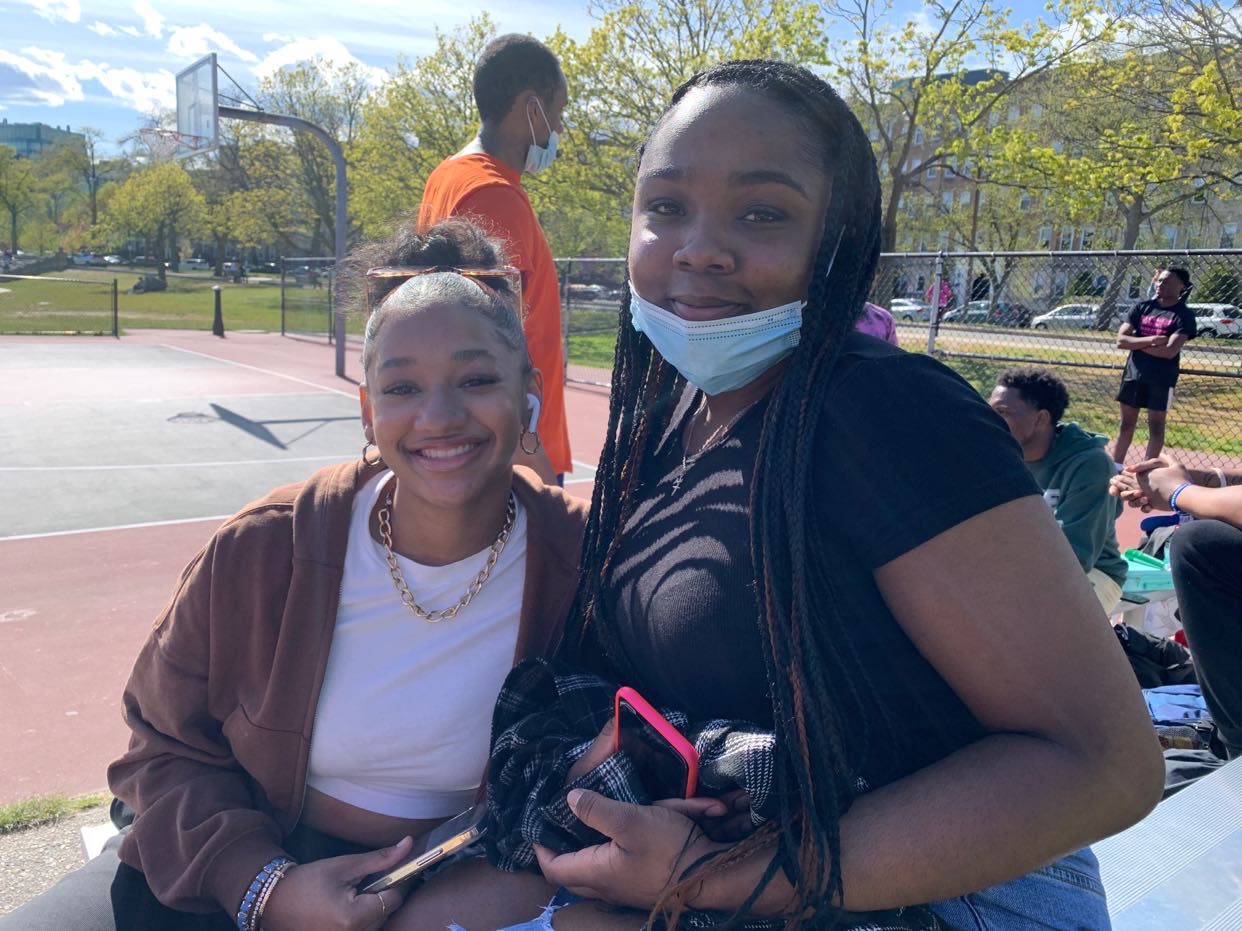
"We have minimal group and often get stares from people around."
Kieom Samuel, Harvard Medical School student highlighted how self-awareness is one of keys to avoid trouble.
Samuel also touched on stereotypical notions about the community -- he said he loves to play basketball but everyone expects him to be tall and star athlete.
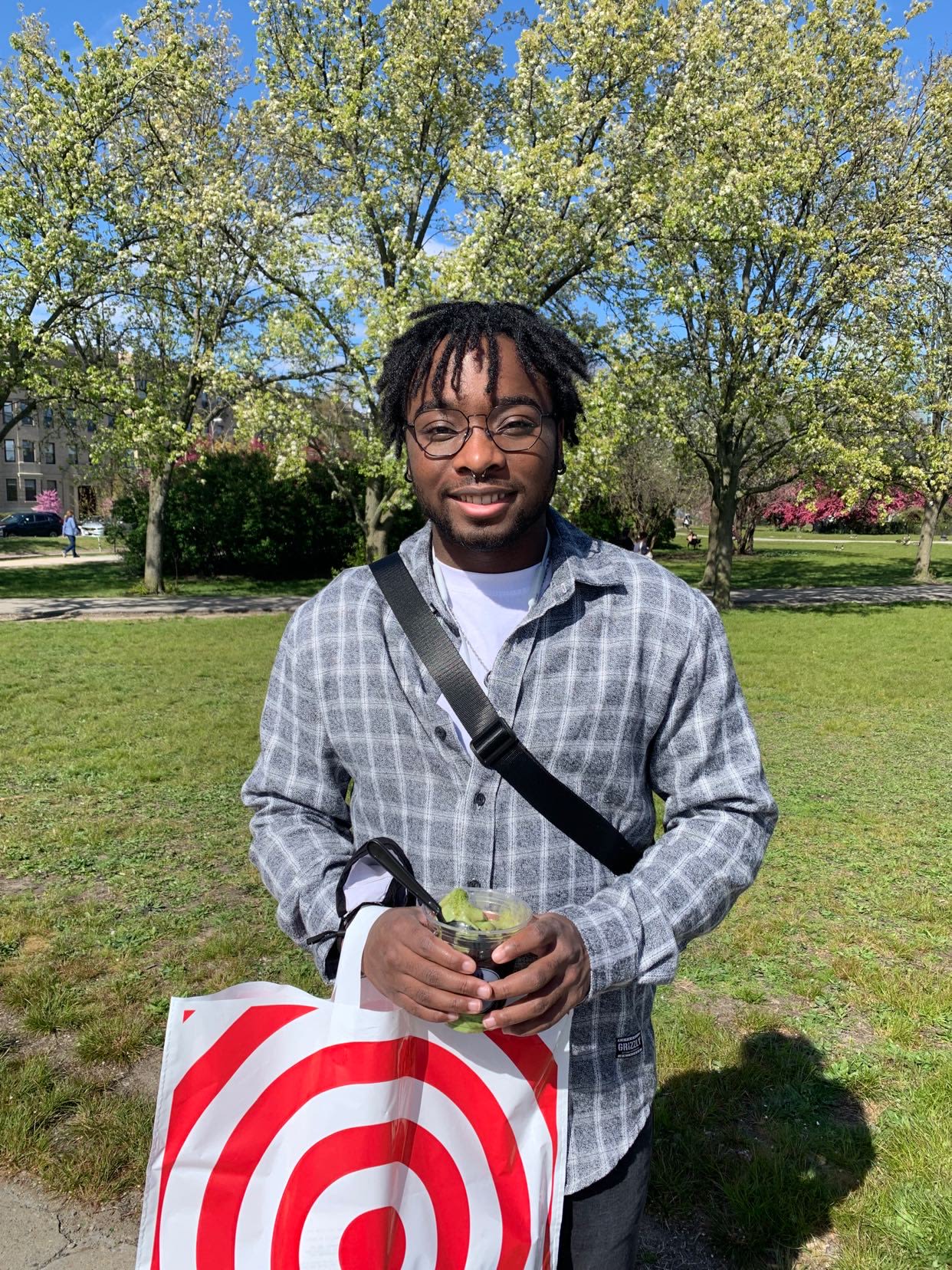
"Be aware of self . I cannot go to an abandoned building with my friends (if they want to go) because I will have to face more trouble from cops than them."
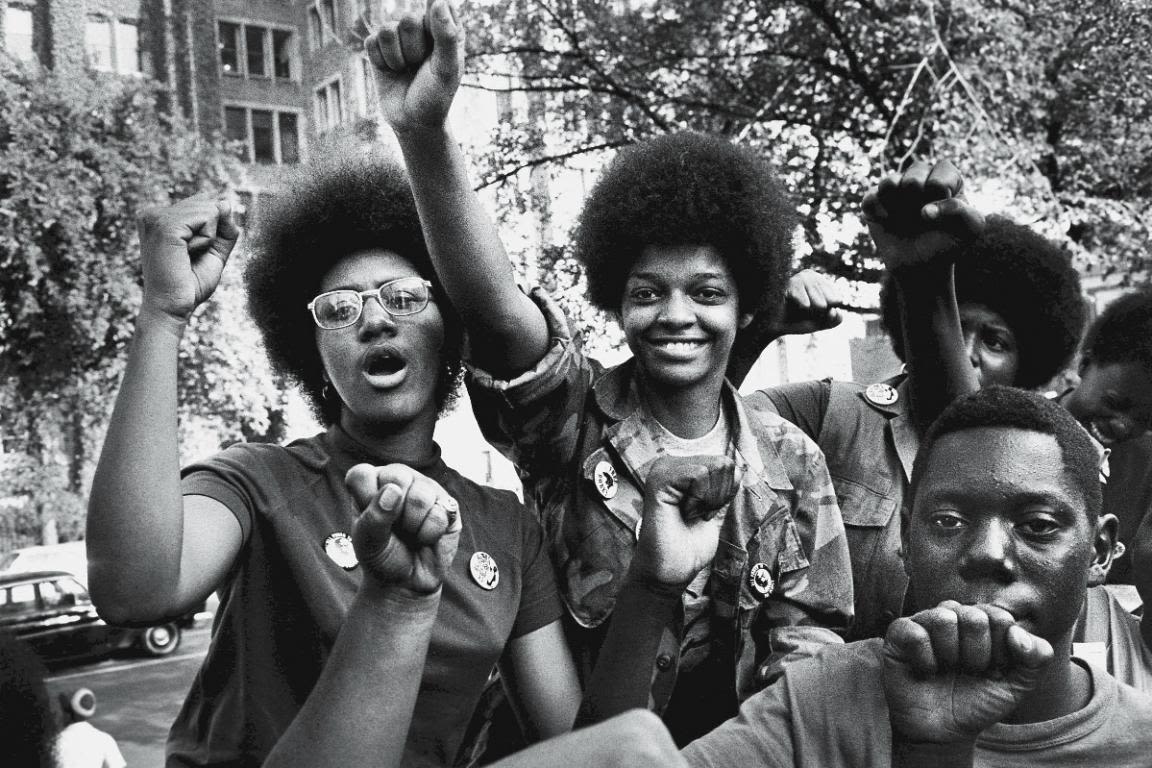
The owner of CL Productions in Boston, Christian Haskins, said African-American communities have disadvantages in comparison to suburban communities. He stressed that education disparity is one of the major challenges faced by the Black community.
He said, he feels a need of programs that will allow Black community youth to express themselves "rather than being bored and doing nothing."
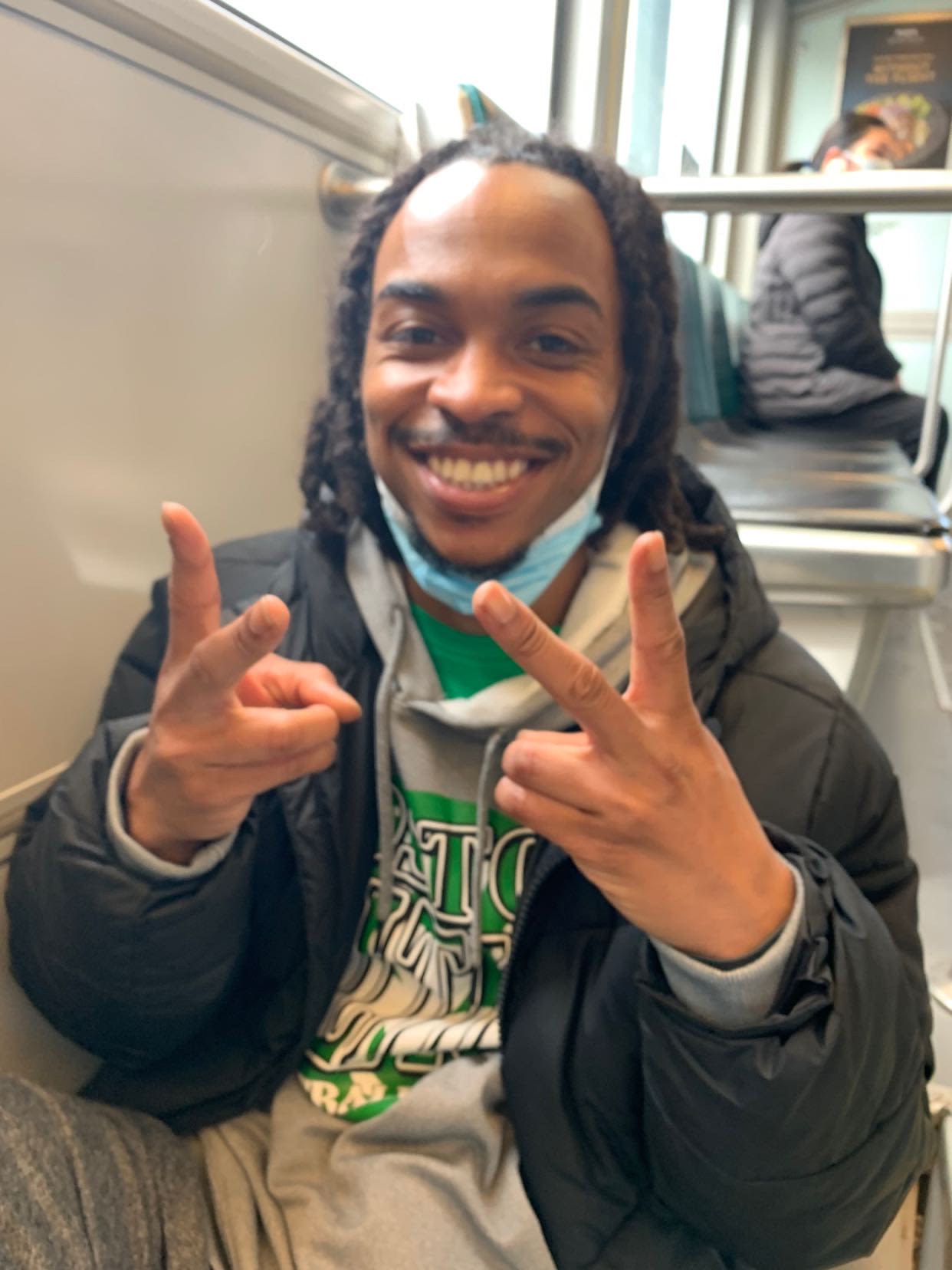
"I believe we are facing challenges with education disparity meaning Black children only going going or only knowing about public schools in versus to other programs out there."
Shakira Kent said she has never faced any discrimination but her mother was one of those who faced it when her mother moved to the U.S., mainly because of language barrier.
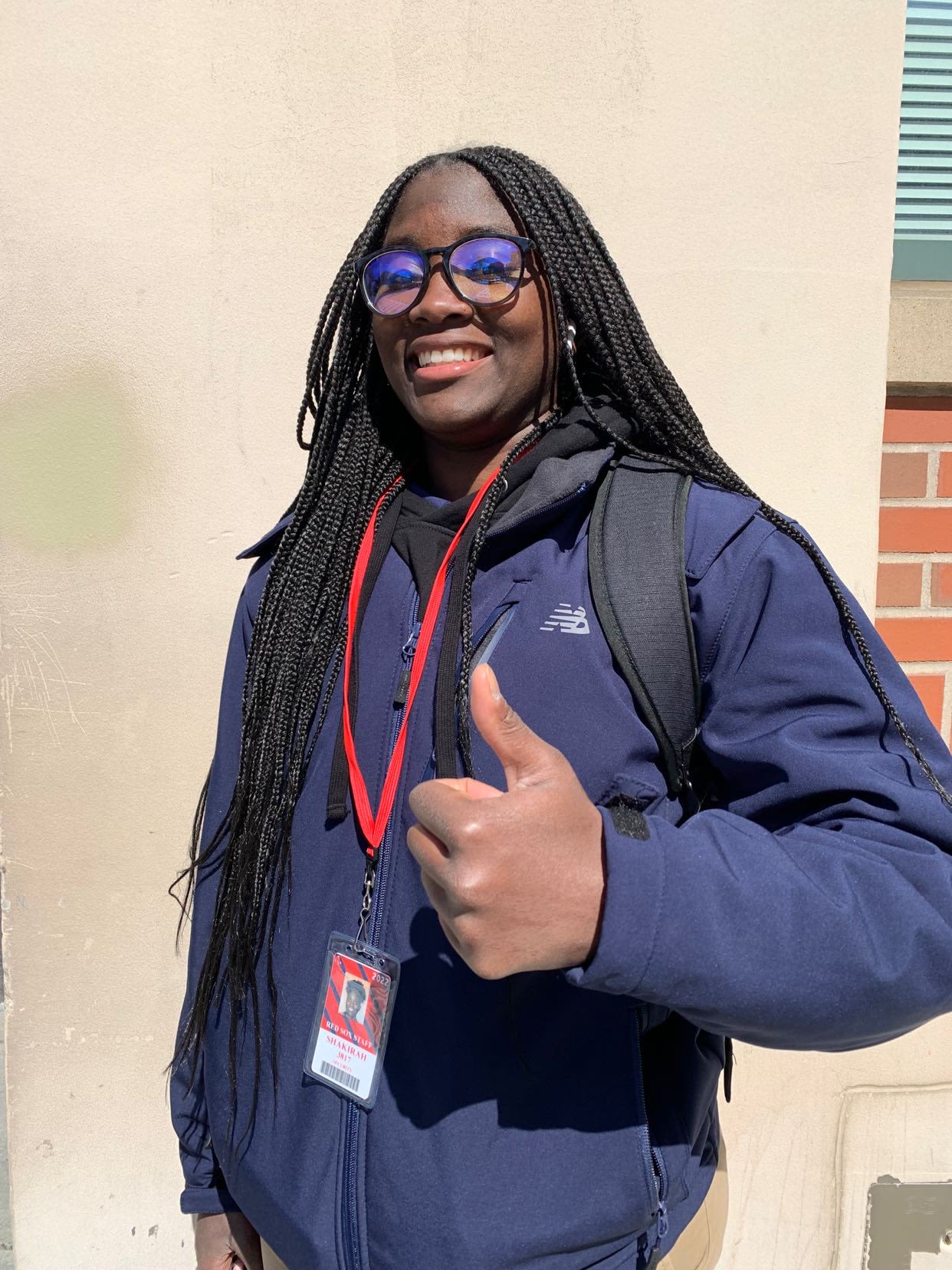
"I feel there should be better legislation for queer of colors."
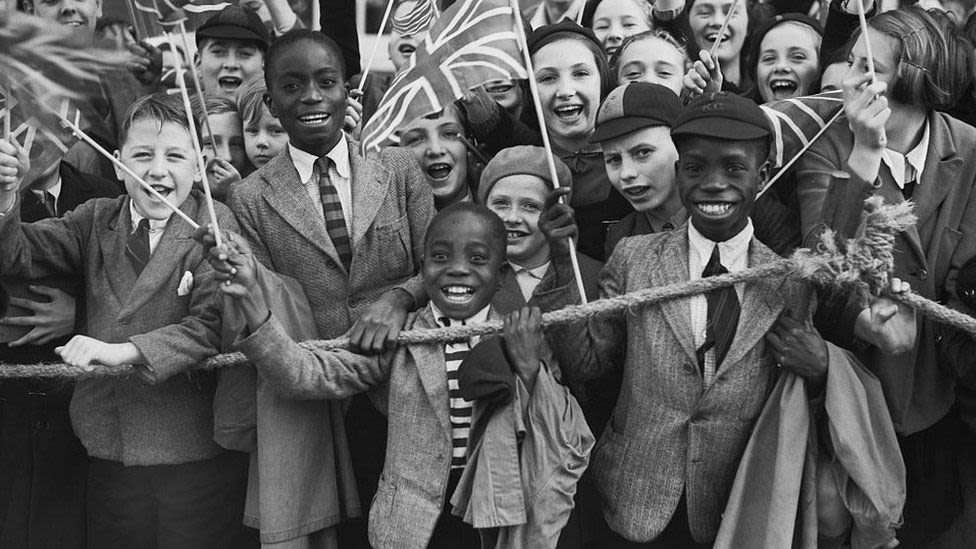
Haley Shuman, Whole Health Coach said she has often faced racial discrimination at her workplace. Despite of having all the education, skills and experience she was not promoted to the deserving job title.
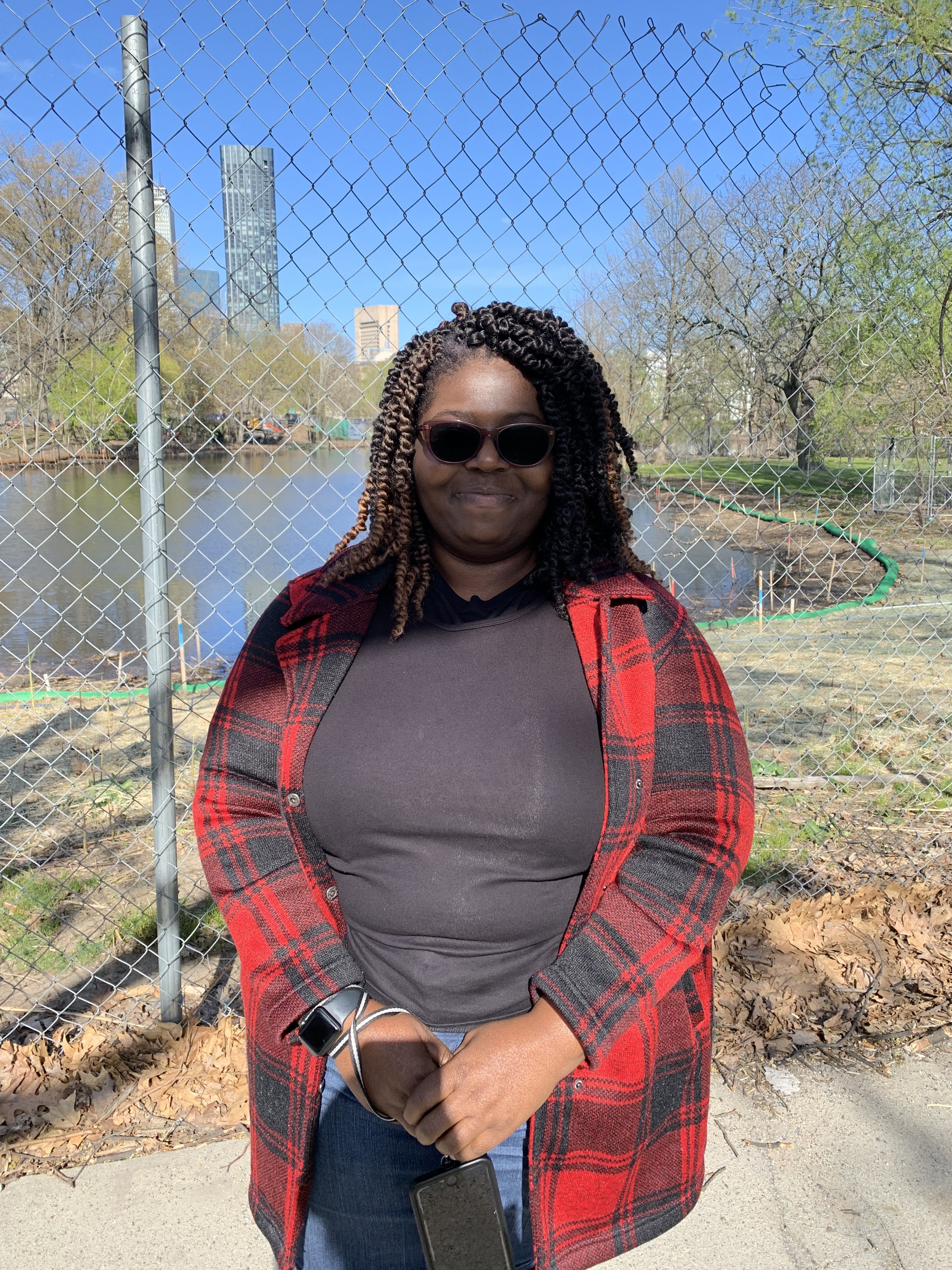
"I overheard them saying they don't want a person of color in the management."
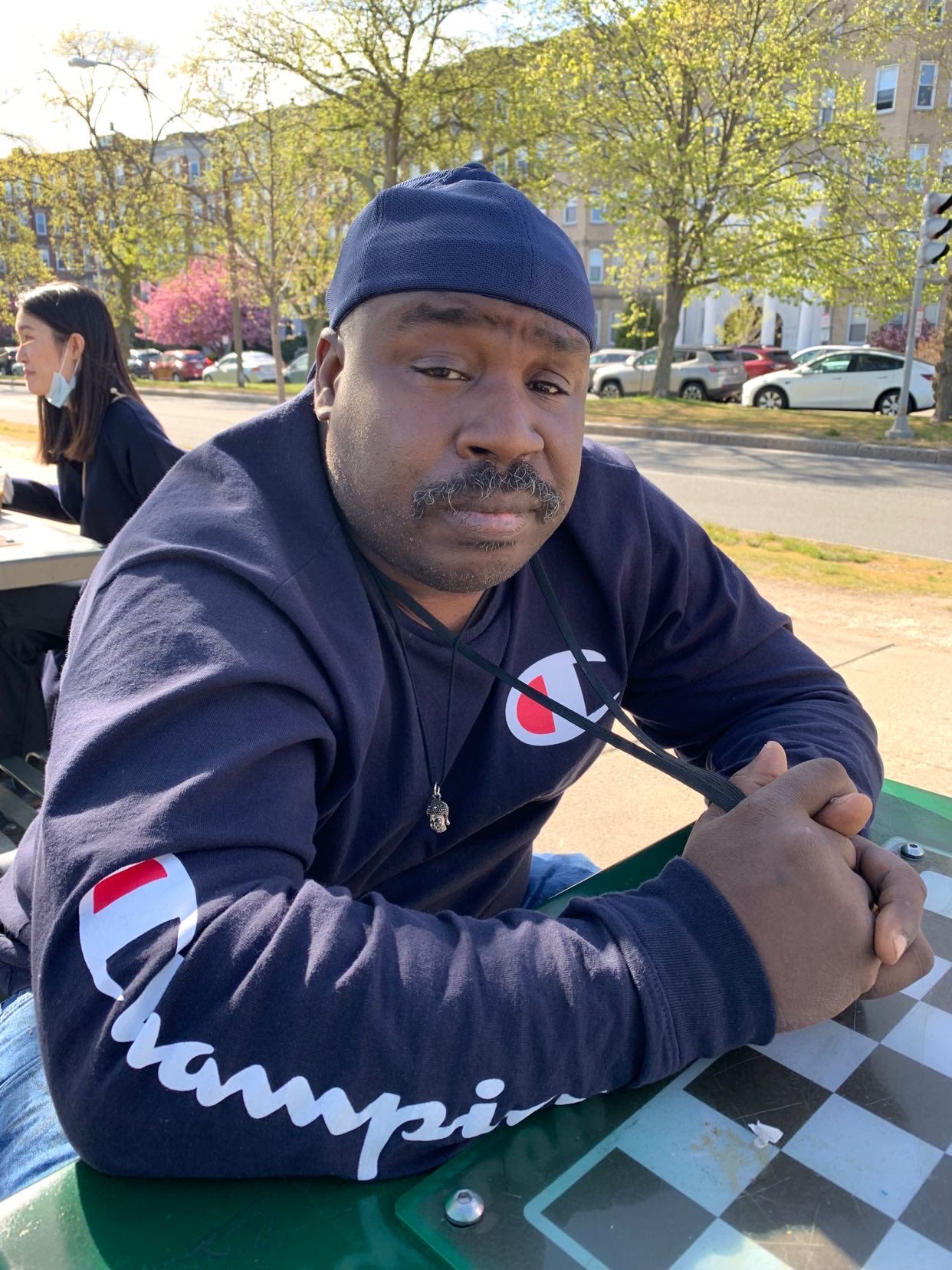
"Everyday is a struggle."
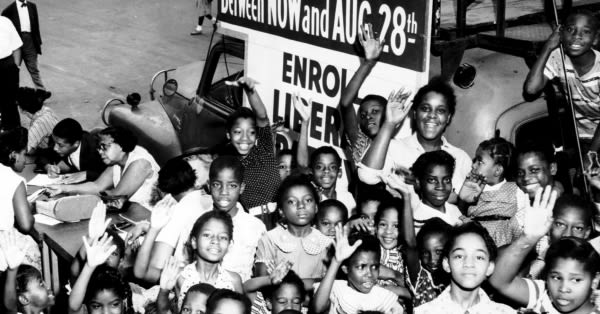
The Future
According to the TIME reports, the Black community - foreign or native is expected to grow from about 49 million people in 2030 to 60.6 million people by 2060.
With more awareness and youth introspection on understanding what is right and wrong, there is a hope to see less racial discrimination in the future.
Credits
1. Background Picture (from top to bottom) : Vox Media, The New York Times, National Museum of African American History and Culture, BBC, Princeton, Shenequa Golding
2. Research Sources : Constitutional Rights Foundation, Wikipedia, History, TIME
